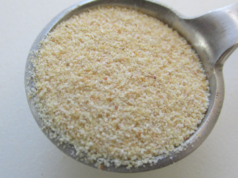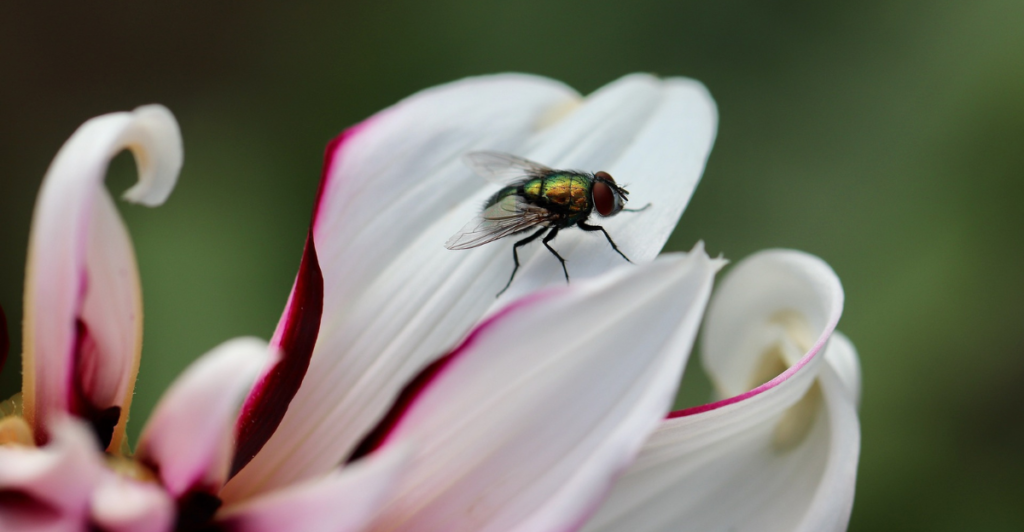
Flies are more than just a nuisance; they can pose serious health and property risks. From spreading diseases to damaging household items, these pests require proactive measures to keep them at bay. By understanding their habits and implementing effective solutions, you can maintain a clean and fly-free home.
Health Risks of Flies
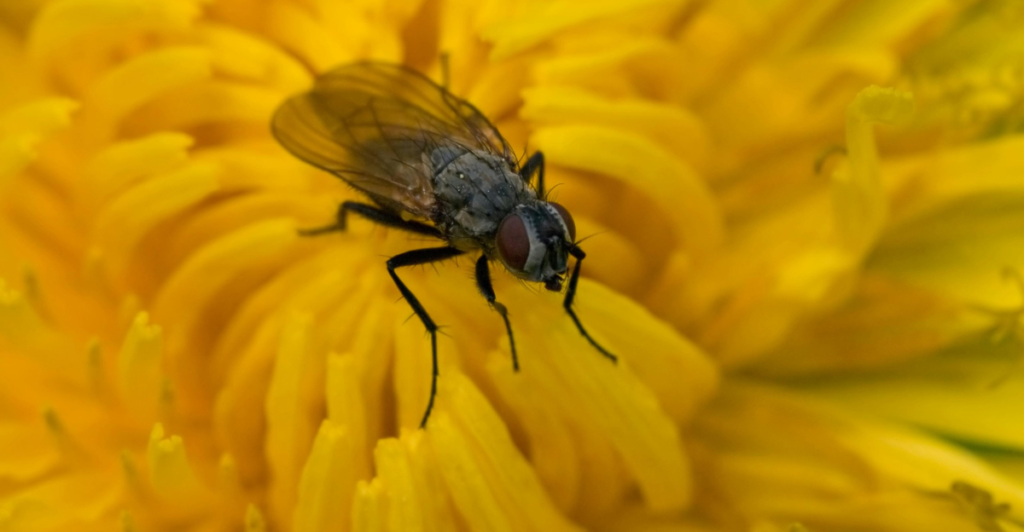
Flies are carriers of dangerous diseases like salmonella, E. coli, and cholera. They contaminate food and surfaces, leading to food poisoning, respiratory issues, and allergic reactions. Their presence can also result in infestations of maggots, further threatening hygiene and health.
Damage to Property
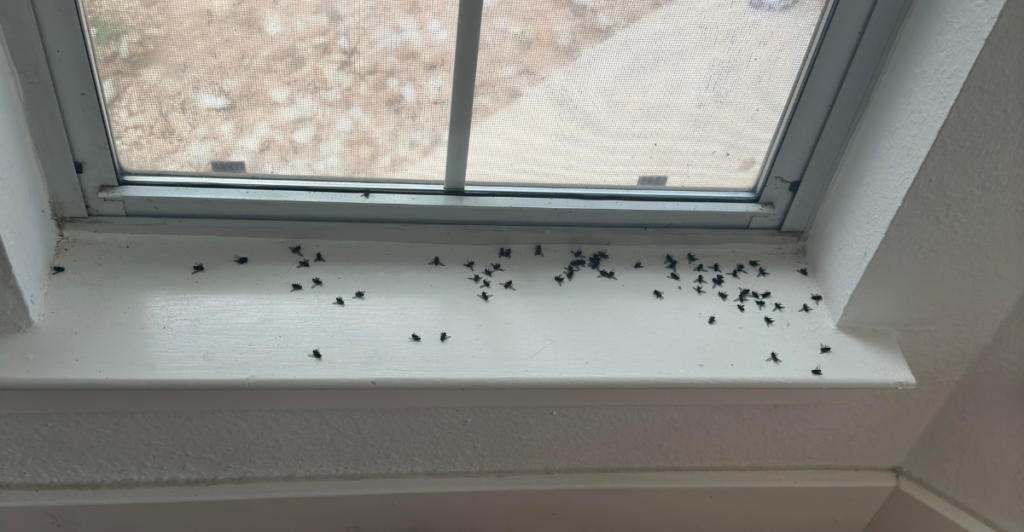
Flies can leave behind unsightly dark specks, known as fly spots, on walls, ceilings, and furniture. These marks are difficult to clean and diminish the aesthetic of your home. Additionally, flies can harm plants and fabrics, causing further damage.
The Importance of Prevention
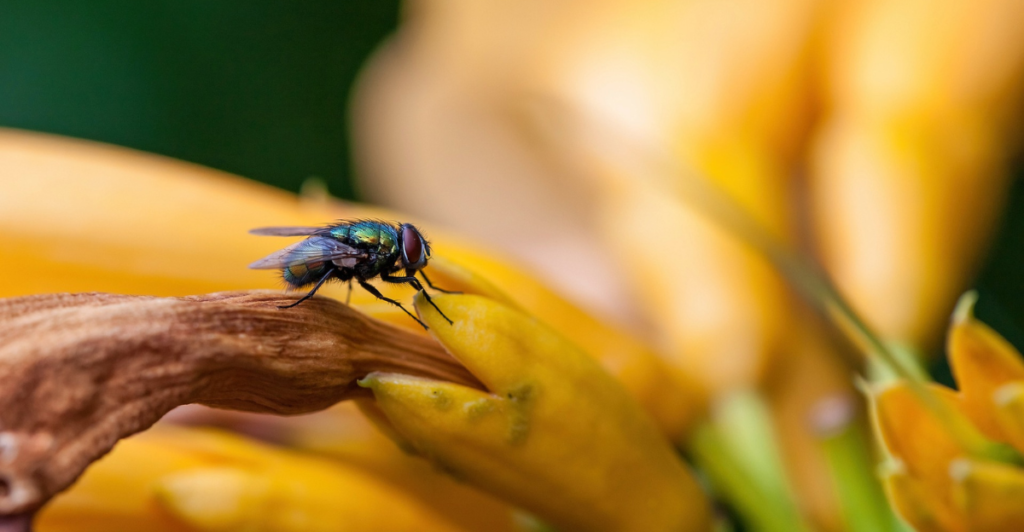
Preventing flies from entering your home is the first line of defense. Seal all small cracks, repair damaged screens, and ensure windows and doors are properly caulked. A well-maintained barrier keeps flies from finding their way inside.
Eliminate Food Sources
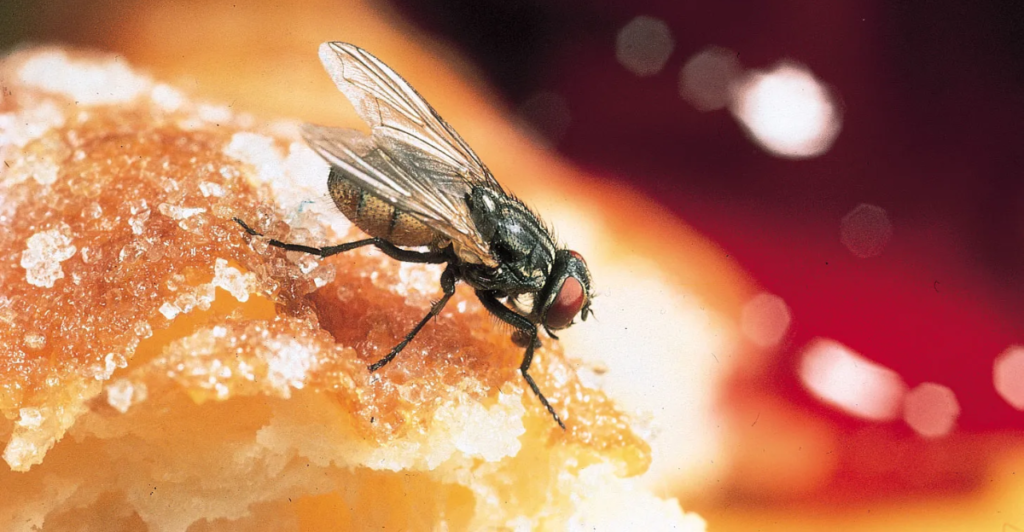
Flies are attracted to rotting food, especially fruits and vegetables. Clean countertops, dispose of overripe food promptly and wash dishes regularly. By removing potential food sources, you make your home less appealing to these pests.
Natural Remedies for Indoors
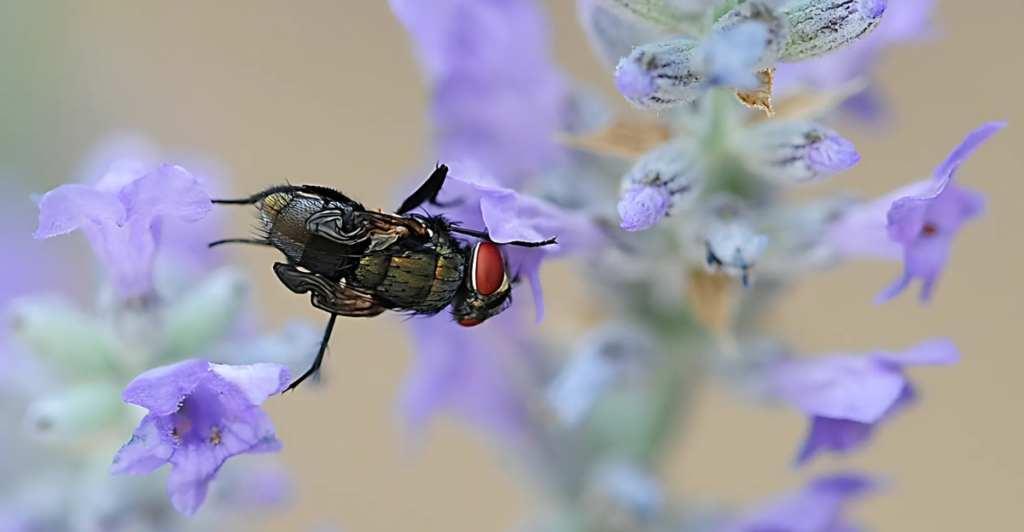
Simple home remedies can effectively repel flies. Lavender, catnip, marigolds, basil, and bay leaves can deter flies while adding pleasant aromas to your home. These natural solutions are safe and easy to implement.
Using Cayenne Pepper and Water

A spray made from cayenne pepper and water can repel flies. Simply mix two tablespoons of cayenne pepper with water in a spray bottle and apply it to areas where flies are prevalent. This natural deterrent is both effective and affordable.
Lemons and Cloves as Repellents
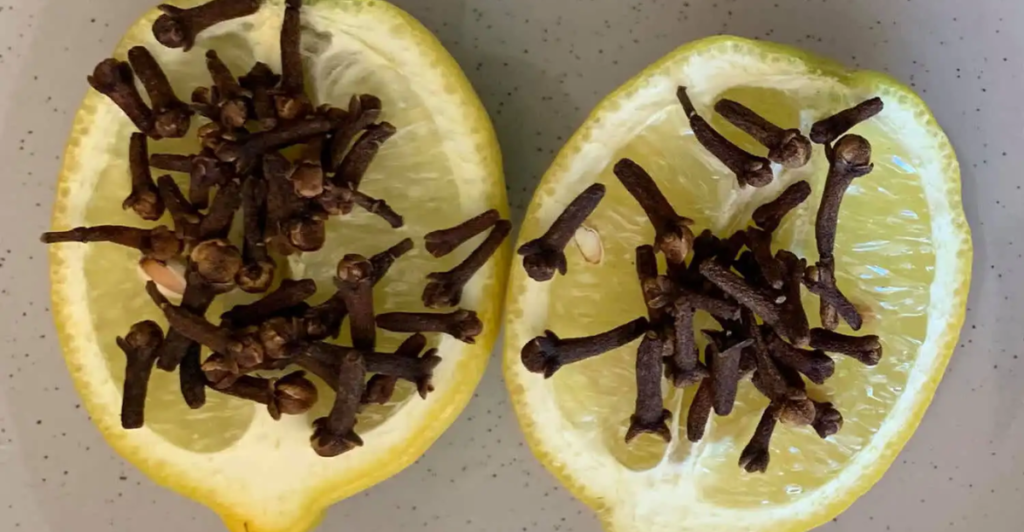
Lemons and cloves create a powerful fly-repelling scent. Halve two lemons, insert several cloves into each half, and place them in areas frequented by flies. The citrusy aroma can drive flies out within an hour.
Vinegar and Dish Soap Trap
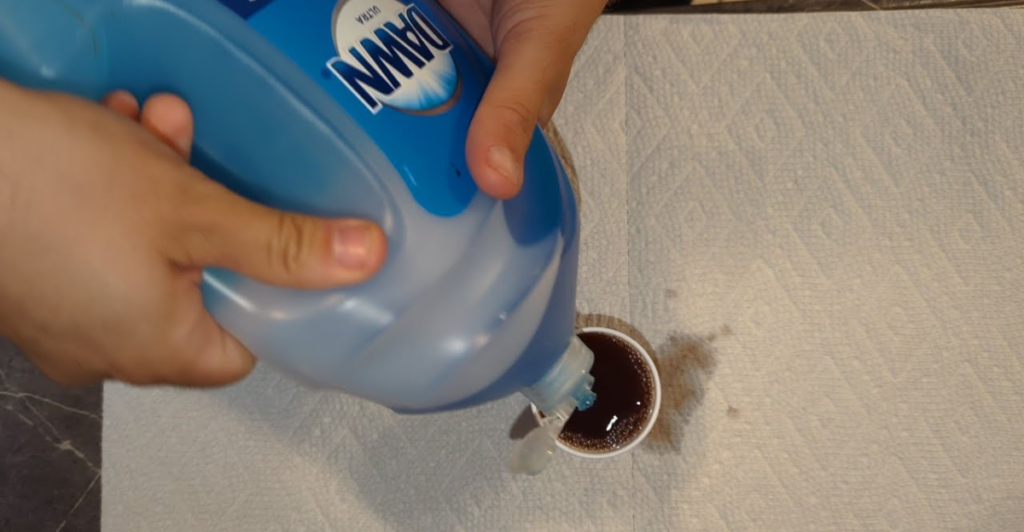
A mixture of apple cider vinegar and dish soap creates an effective fly trap. Secure plastic wrap over a bowl of the mixture, poke small holes, and let the scent attract flies. The soapy water traps them, providing a quick solution.
Fly-Repelling Scents
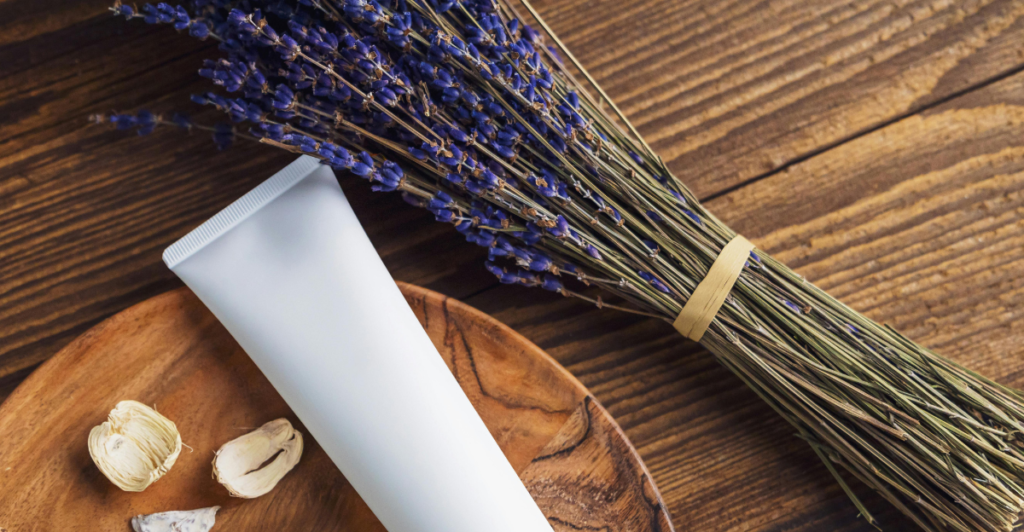
Scents like cinnamon, lavender, eucalyptus, peppermint, and lemongrass can keep flies away. Use essential oils or air fresheners with these aromas to naturally deter flies while keeping your home smelling pleasant.
Outdoor Solutions for Flies
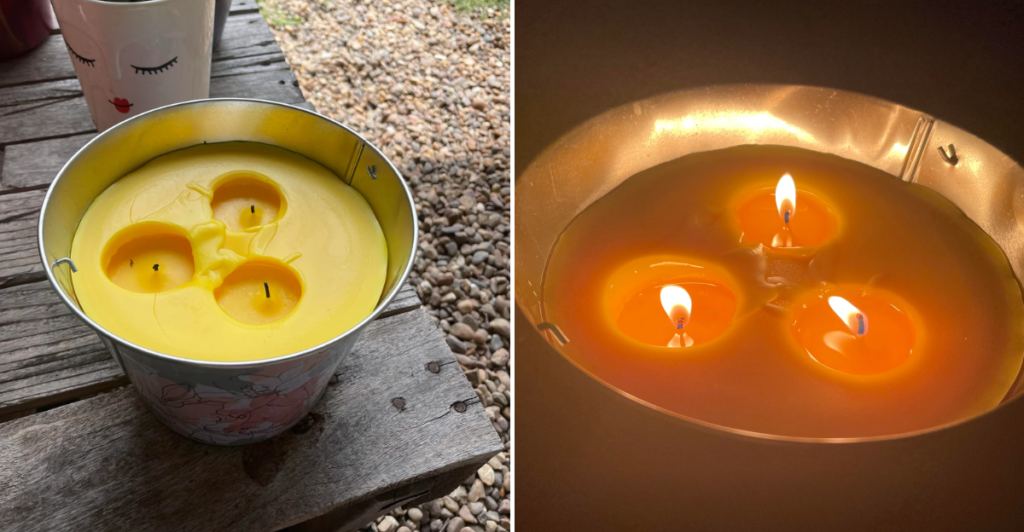
Natural remedies for porches and patios may attract other pests. Instead, use oscillating fans to disrupt flies’ flight and citronella candles to repel them. These solutions keep your outdoor spaces pest-free without chemicals.
Flypaper as a Quick Fix
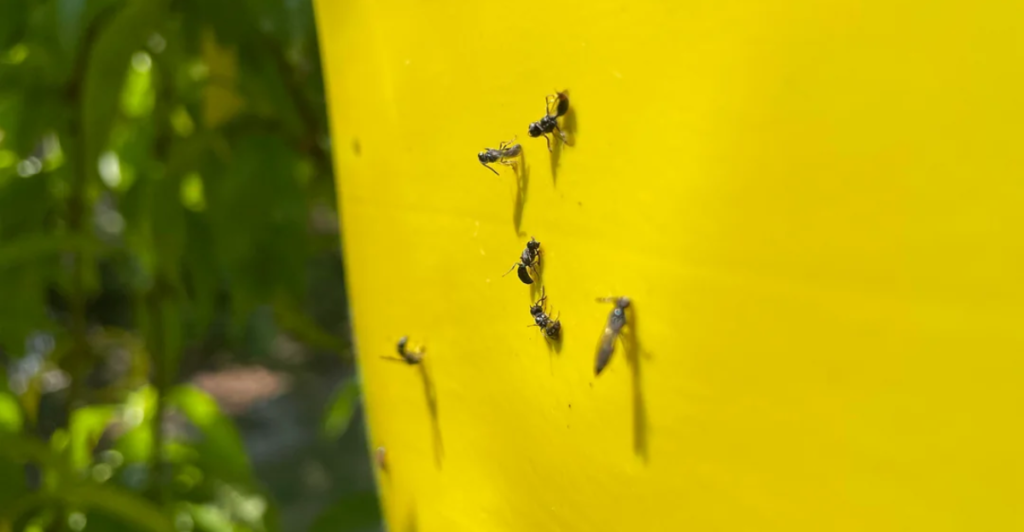
Flypaper offers an inexpensive way to catch flies that are already indoors. Hang the sticky strips near windows or doorways and replace them as they fill up. While effective, flypaper is a temporary measure that works best alongside other preventive methods.
Regular Cleaning and Maintenance
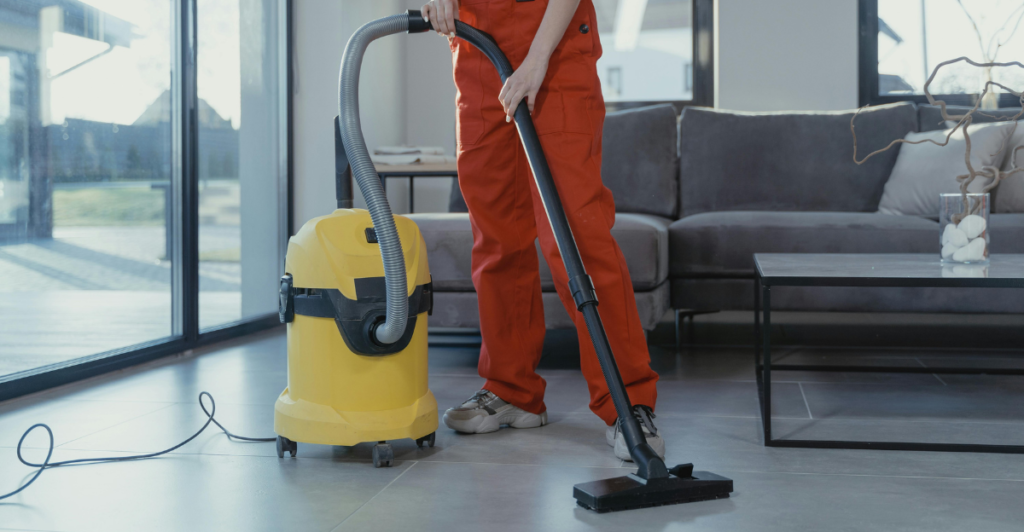
A clean home is essential for keeping flies at bay. Empty trash regularly, clean up spills promptly and avoid leaving dirty dishes out. Repair leaks and eliminate moisture to prevent flies from finding a suitable environment to thrive.
Stay connected with us for more stories like this! Follow us to get the latest updates or hit the Follow button at the top of this article, and let us know what you think by leaving your feedback below. We’d love to hear from you!




